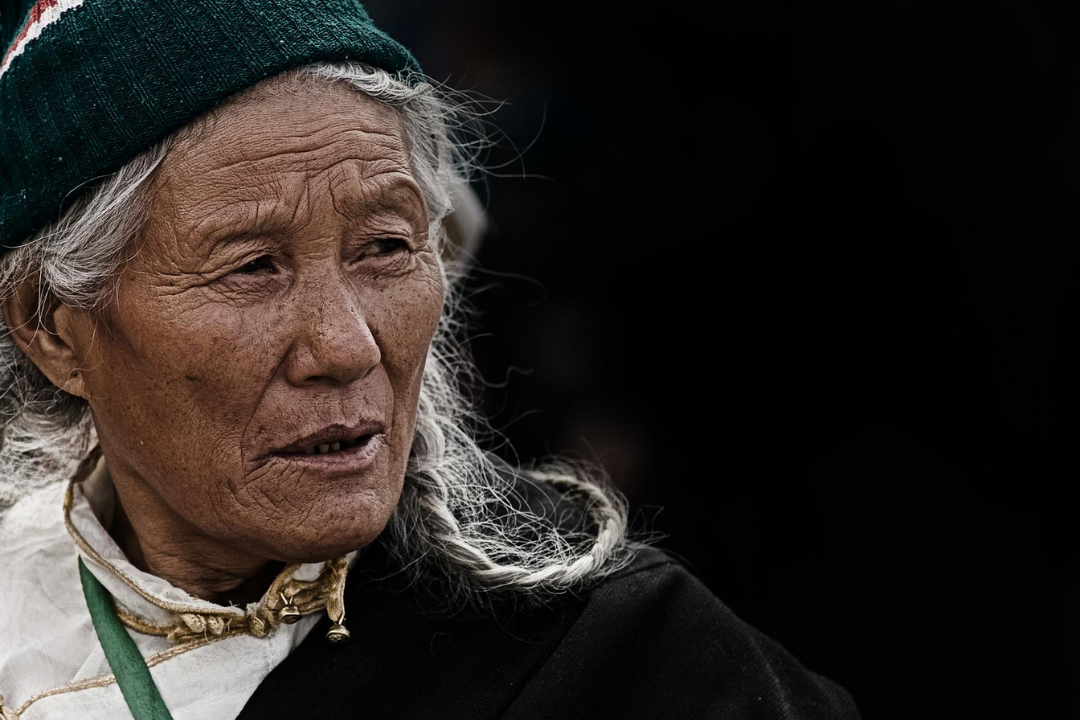Let’s kick off this series with a quick definition of biography! How is it different from a memoir? Let’s find out!
What is biography?
Did you know it can take five to fifteen years to research and write a biography? I kid you not. That is a mighty long time to spend with someone, especially when it might be someone you don’t particularly like, take Hitler, for example.
Biographies play a key part in our understanding of history; they can enrich our historical knowledge, correct it or lead us to question what we know. There is only so much we can glean from general statements about how people lived – but by studying individuals, we can know more about each piece of the puzzle, and gain a broader view of the puzzle as a whole.
Historian and biographer, Hans Renders said that biography is the study of the life of an individual, by another person. Autobiography, on the other hand, is when a person studies and writes about their own life. Memoirs are similar to autobiography, but memoirs usually focus on key parts of a person’s life, rather than the whole. Memoirs can focus on a specific period of time in a person’s life, or focus on themes, such as mental health, trauma, career, motherhood, death or illness, such as Dr Paul Kalanithi’s Breath Becomes Air.
The forms of biography: cradle to the grave?
So what forms can a biography take? For a long time, biographers took a chronological, cradle to the grave approach: that is, a biography that starts with the subject’s birth and covers their life through to the present time, or death.
As recently as the late 80s, biographies were said to be predictable and since then, the narrative form of biography has become more popular, with writers using creative literary tools to create a work that people actually want to read, tools such as using a plot, dialogue, flashbacks, alternating points of view or breaking up each chapter by theme.
> Narrative | What does “narrative” mean in the field of writing?
Simply put, a narrative is a story.
In contrast, a chronological biography would start with a person’s birth, or even what happened before their birth, such as information about their parents. A chronological biography then covers the person’s life before discussing their death.
At times, biographers present their work as a full fictional work – inspired by fact, writers might use fiction to describe a person’s life, taking liberties to imagine detail that they may not have been able to find in their research. Another format, the quest, is one in which the biographer takes you on their journey of research and writing, as they find information and truth, which can be riveting when you consider the places biographers visit and the people they interview.
More to come on this later.
In this series of articles, I’ll share what I’ve learnt about researching biography, in particular, interviewing for biography. The series isn’t complete — there is so much more to learn and write. Let me know if you’d like me to write more, and which topics you’d love to learn about.
Next up: Biography: fact or fiction?
*** A few articles in my biography series were part of a larger work, and therefore some individual articles may seem incomplete. I might expand on these at a later date, including this article.

0 Comments